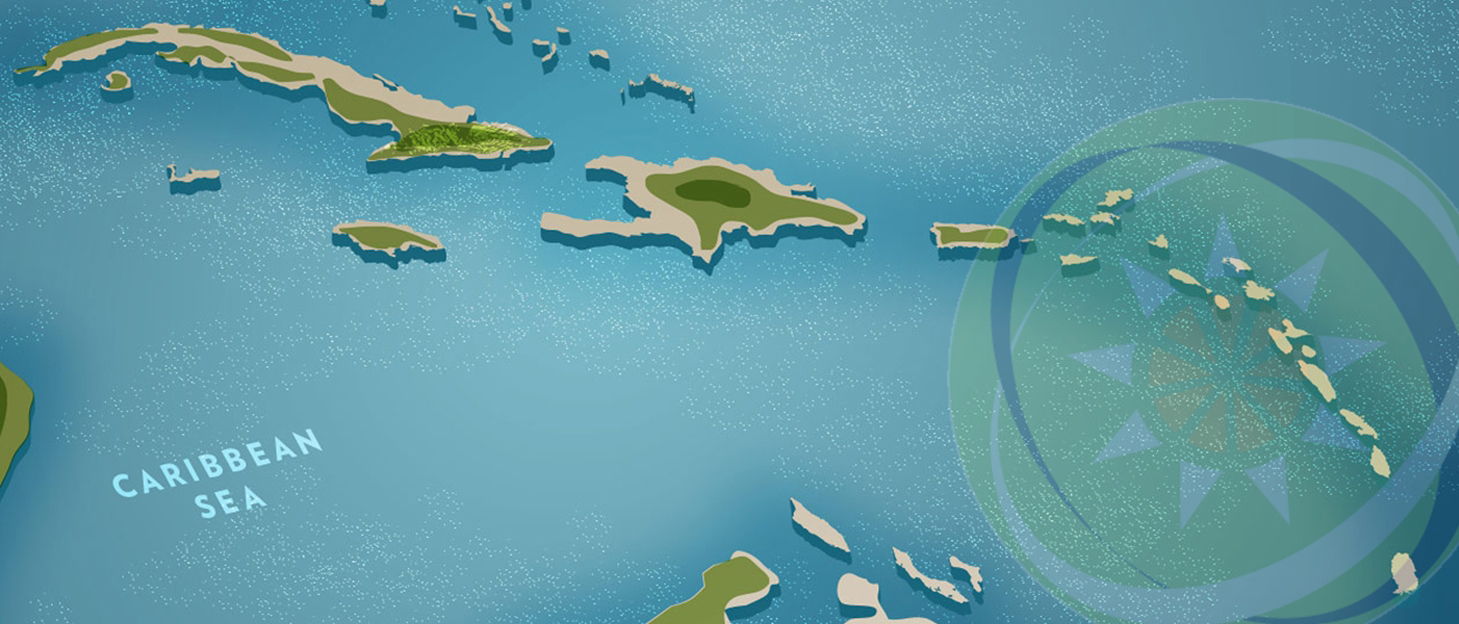Regional Integration stakeholders discuss policy harmonisation
The 19th Meeting of the OECS Working Group on Movement of People was held on July 14, 2017
Efforts to improve the lives of citizens through a robust free movement of people regime continue as regional integration stakeholders work towards the harmonisation of policies among OECS Protocol Member Sates.
The nineteenth meeting of the OECS Economic Union Working Group on Movement of People convened on Friday, July 14th 2017 at the OECS Commission, with representatives of OECS Protocol Member States joining virtually.
Matters discussed at the meeting included:
- harmonisation of national identification cards;
- harmonisation of border management systems;
- implementation of the OECS Policy on Rights Contingent to Free Movement; and
- development of a strategy paper for advancing the implementation of the Free Movement of People Regime.
The harmonisation of ID cards and Border Management Systems are important security elements to ensure the safety of citizens of OECS Protocol Member States while moving within the OECS Economic Union Area (EUA). The OECS Commission will also work with stakeholders towards the establishment of a mechanism that allows for the portability of short-term social security benefits and the enhancement of labour market laws and policies across the OECS EUA.
The Commission anticipates that these efforts will improve productivity within the OECS labour market, which will in turn contribute to the enhancement of the global competitiveness of OECS Protocol Member States.
Regional Integration, which refers to the process by which neighbouring states enter into an agreement in order to cooperate through common institutions and rules, has delivered a number of benefits for the OECS across the economic, security, political and social arenas.
Benefits currently granted to citizens of OECS Protocol Member States under the Free Movement of People Regime include:
- the use of a valid national identification card such as a driver’s license or a voter’s identification card for entry into the OECS EUA;
- granting of an indefinite stay stamp at the border;
- rights to residence status;
- access to job opportunities without the requirement of a work permit; and
- access to social services, including public healthcare and education services.
Under this Regime, these benefits are also extended to the family of citizens of an OECS Protocol Member State.
The next Meeting of the OECS Economic Union Working Group on Movement of People is scheduled to be held in October 2017.






